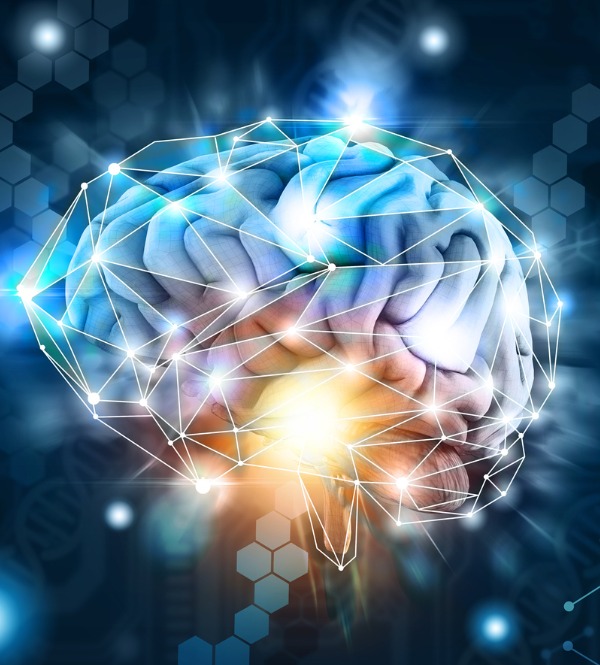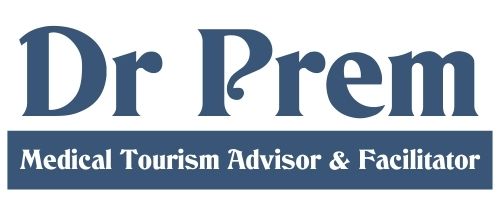Mental health and behavioural sciences
Mental health and behavioural sciences is a branch of medical science which is an all inclusive medical care system dealing with mental health. It goes into clinical assessment and remedial services covering a gamut of emotional and behavioural disorders for patients irrespective of age and cultural divides.
We have contact with specialized clinics having top notch facilities for diagnosis and treatment of mental diseases. Clinics/hospitals we refer to are ably manned with qualified and experienced medical professionals. Besides they work with state of the art medical facilities. These clinics also work in close tie-up with education and community service providers putting across the idea of preventive mental health procedures too.
We need to give a summary of what actually constitutes mental illness together with treatments. This enables users to get a clear concept of the matter. Types of disorders falling under this category and their general profile are hereunder:


